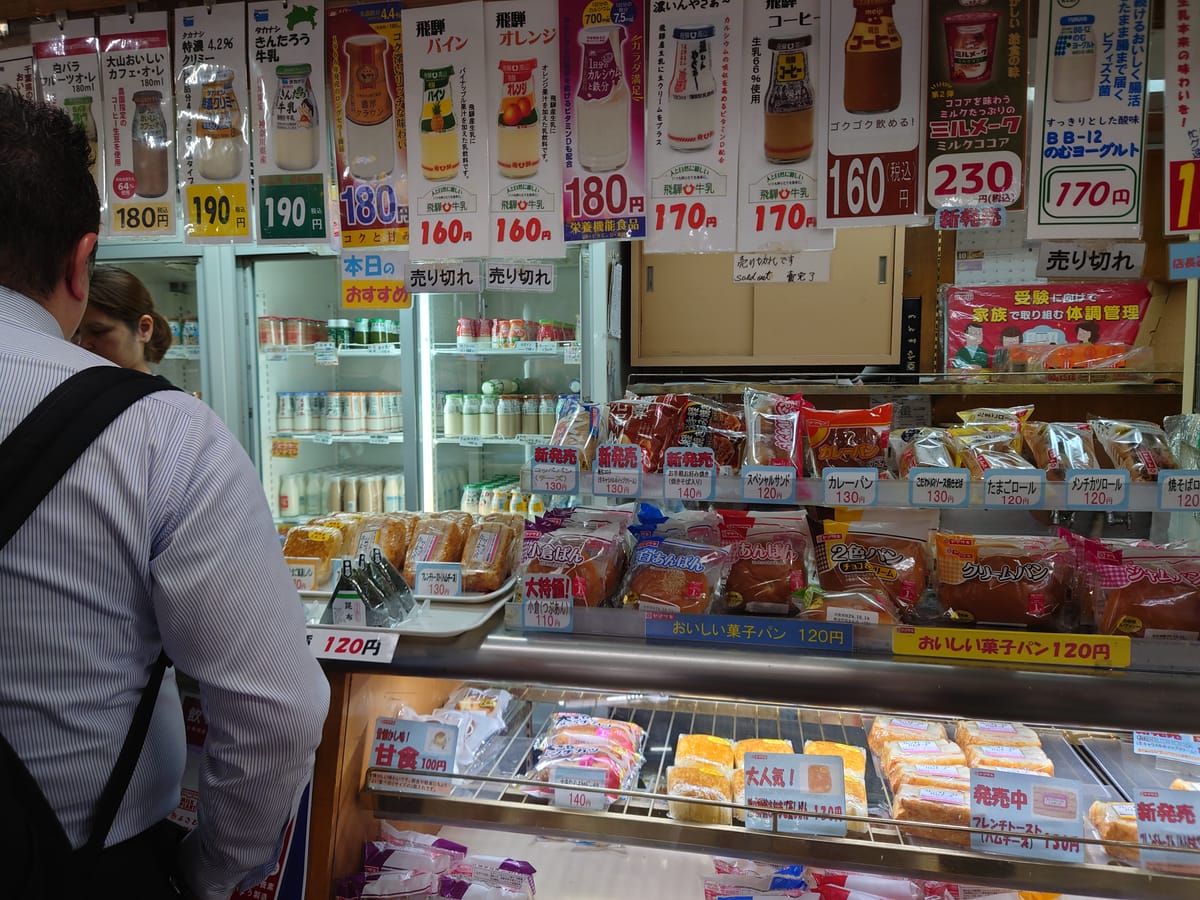Why I'm critical about 'subsidies' but 'recommend' grants?
The Japanese government provides two main types of funding to companies: hojokin and joseikin. Generally, funding from the Ministry of Economy, Trade and Industry (METI) is called hojokin, while funding from the Ministry of Health, Labour and Welfare (MHLW) is called joseikin.

This week in Small Business Japan (23 Feb, 2025)
As I mentioned in last week's column, I'm generally critical of subsidies because I believe businesses should carefully weigh the pros and cons before applying for them.

To clarify the distinction between these two types of funding, this column will use the Japanese terms hojokin (subsidies) and joseikin (grants). Although both ultimately come from the government, they differ in purpose and nature, making it important to differentiate between them.
METI's subsidies primarily promote industrial promotion, while MHLW's grants focus on employment. This difference in purpose is clearly linked to each ministry's respective responsibilities. However, I want to highlight a more subtle difference in their nature. Of course, this nuance is not explicitly stated in any application guidelines, but as someone with experience in applying for these funding opportunities, I feel it's important to share.
A key difference lies in the Ministries' attitude towards each funding type. As I've discussed in several posts tagged #redtapejapan, METI subsidies involve extensive scrutiny before they are disbursed. This caution may stem from the fact that METI subsidies, particularly those related to COVID-19, have been susceptible to fraud.
In contrast, MHLW grants, especially those designed to promote employment, tend to be viewed more favourably. We recently highlighted a grant related to employment (with another planned for release this week) and encourage eligible companies to apply.

Another significant difference is that applications for employment-related MHLW grants can only be submitted by the company itself or a social insurance and labour consultant (sharoshi) acting on the company's behalf. This means businesses can receive expert advice throughout the application process, potentially reducing the burden compared to applying for METI subsidies.
However, when I suggested to the president of a client company (for whom I had previously secured ¥11 million in subsidies through the business restructuring subsidy mentioned in the above link) that they might also be able to leverage grants from the MHLW, the manager, who had been copied on the email and was responsible for the METI subsidy works, replied, 'I'm sorry, but I'd like to avoid subsidies for the time being, to be honest.' Notably, the president was not included in this reply. 😇
I explained that I couldn't personally assist with MHLW grants (as it has to be done with a sharoshi), so they wouldn't contribute to my sales figures, and that the application process would be easier since a sharoshi could handle it. However, it seems the manager still associated both subsidies and grants with significant effort.
I believe this company could have benefitted from the MHLW grant and received more financial support. This experience highlights that regardless of the potential financial gains, securing employee understanding and buy-in is crucial when dealing with subsidies and grants.








